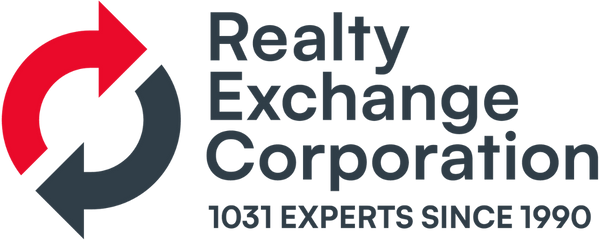Virginia has passed House Bill 417 the Exchange Facilitators Act and it has been signed by Governor McDonnel. The bill become effective July 1, 2010.
Link to the VA Bill: Exchange Facilitators Act
§1031 of the Internal Revenue Code permits a taxpayer to exchange assets which have been used productively in a business or held for investment for other like-kind business use or investment assets without recognizing the taxable gain on the sale of the old assets. The taxes which would have otherwise been due from the sale transaction are thus deferred.
Tax rules permit this valuable benefit to extend to non-simultaneous transactions among multiple parties, over a period of up to 180 days. Indeed, most tax-deferred exchanges occur in this “deferred” fashion, with the taxpayer selling relinquished assets to a buyer, and then purchasing replacement property from a 3rd party seller. In a deferred exchange, the taxpayer is prohibited from having the ability to receive, pledge, borrow or otherwise receive the benefits of the sale proceeds (“exchange funds”) until the exchange has been completed. The tax regulations set forth several safe harbors, the most common of which involves the use of a Qualified Intermediary (“QI”) or an Exchange Accommodation Titleholder (“EAT”), both of whom are also referred to as exchange facilitators. The exchange facilitator typically holds the exchange funds for the benefit of the taxpayer during the exchange, disbursing funds for purchase of replacement property, and returning any unused funds to the taxpayer at the end of the exchange.
§1031 exchanges provide an important economic stimulus to taxpayers of modest means as well as the wealthy, and to all types of taxpayers, from individuals to large corporations. Owners of real estate are encouraged by the tax benefits to reinvest in real estate, rather than place their money in other investments. Likewise, businesses have a tax incentive to replace and upgrade machinery and equipment. In recent years, some taxpayers have suffered losses due to malfeasance, misappropriation, poor funds management practices, or bankruptcy of the exchange facilitator. Legislation was required to mandate minimum standards to prevent future losses.
Approved Legislation
The legislation is intended to protect clients of exchange facilitators and prevent losses by:
- Requiring disclosure of a change of control of the exchange facilitator
- Requiring that client exchange funds be held in separately identified accounts, with written client consent for all withdrawals, or that funds be held in qualified escrow or qualified trust accounts, and that all exchange funds be held in a financial institution
- Requiring minimum financial security of $250,000 errors & omissions insurance or equivalent deposits
- Prohibiting commingling of exchange funds with the facilitator’s operating funds
- Prohibiting loans of exchange funds to parties related to the exchange facilitator
- Prohibiting exchange funds from being subject to execution or attachment on any claim against the exchange facilitator
- Prohibiting material and continued misrepresentations, fraudulent activity and failure to fulfill contractual obligations, including timely accounting for funds held by the exchange facilitator
- Providing for a monetary penalty of $2,500 per violation, consistent with the VA Consumer Protection Act
